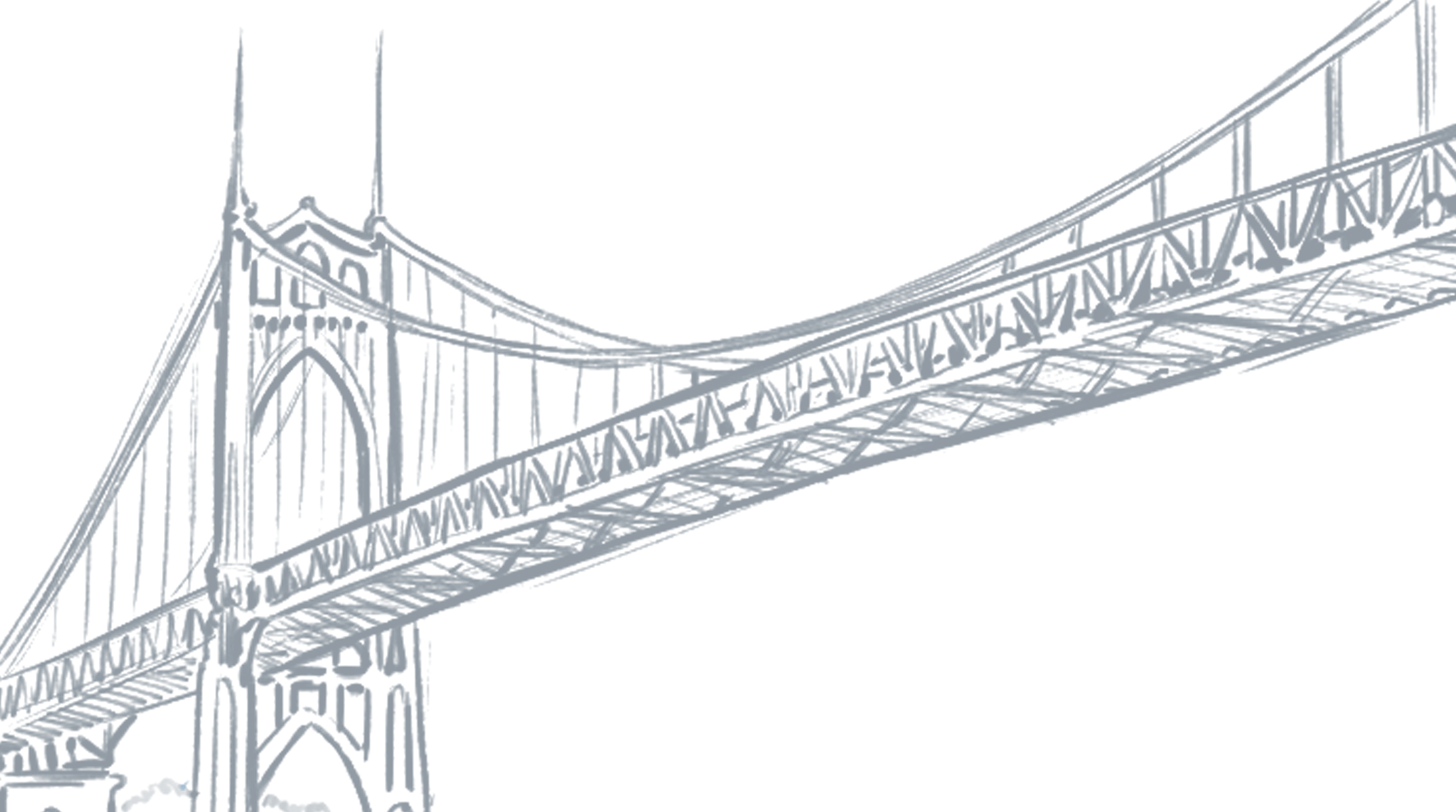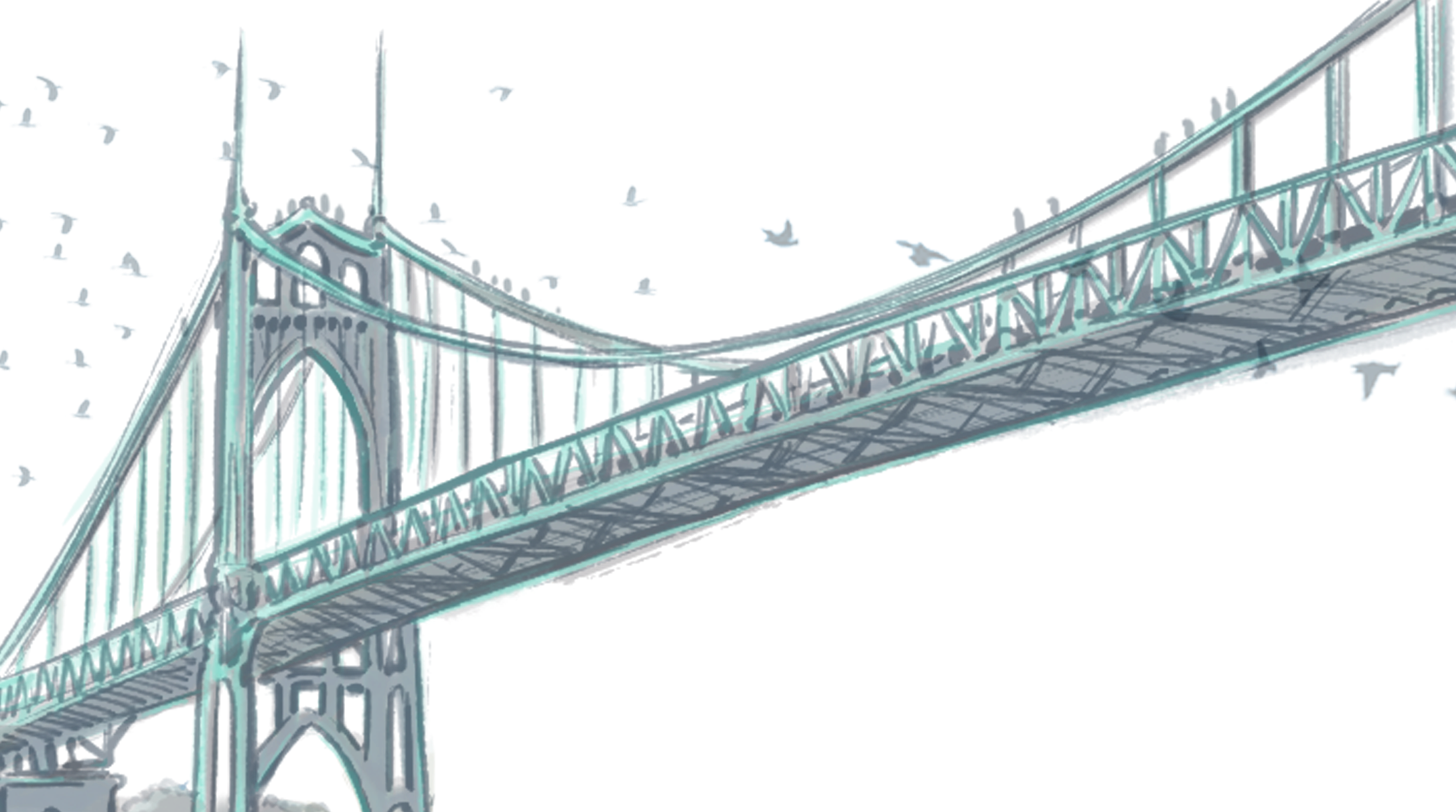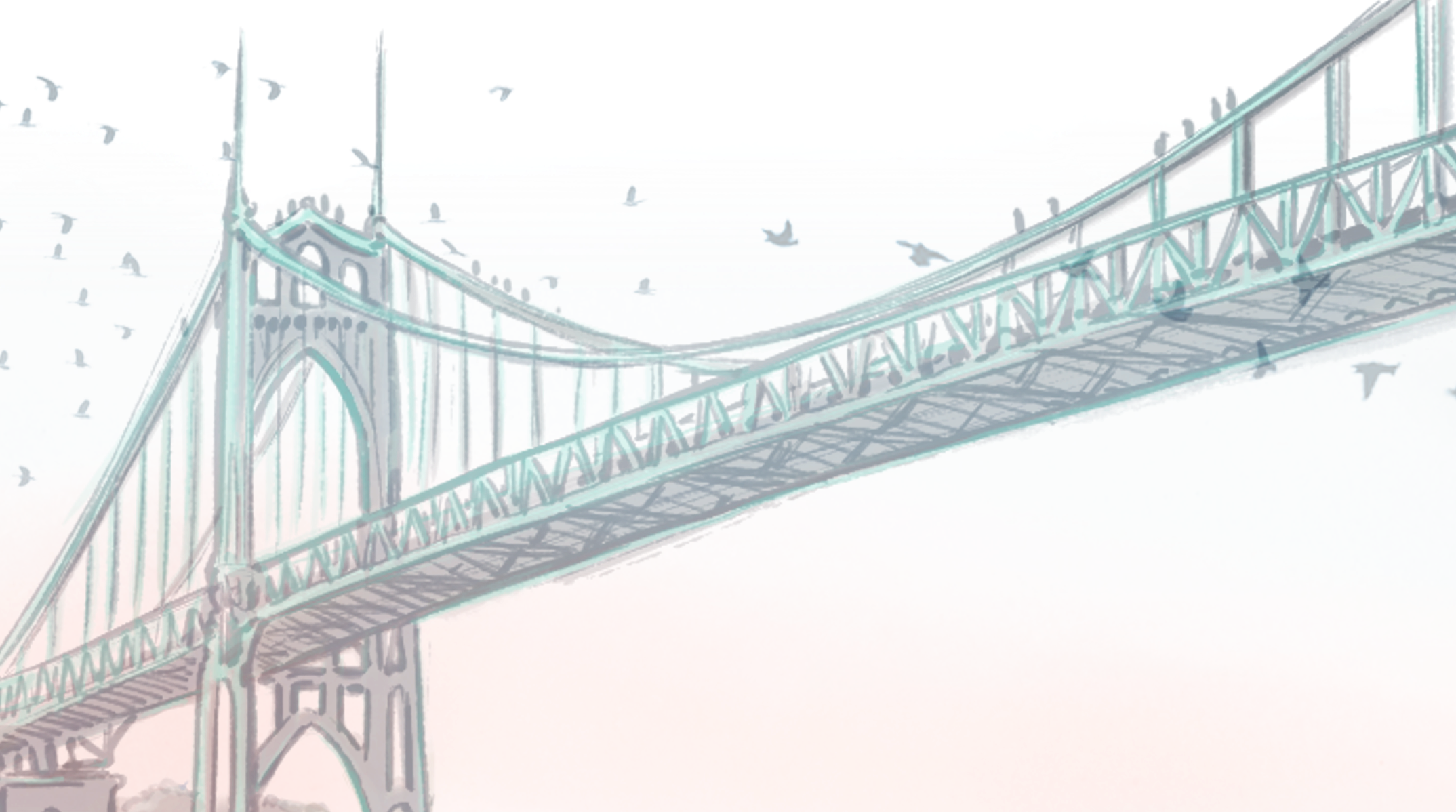What's their journey?
Map the journey at each touchpoint
The story arc represents the customer's journey. Along the path are ideal moments to connect based on brand awareness, marketing strategy and the sales cycle. To better leverage and understand this pathway we can follow Joseph Campbell’s seminal work The Hero with a Thousand Faces that outlines the steps of The Hero’s Journey. These steps have become the basis for academic literary and film analysis. They also work smartly for marketing story development.
Here are the initial five steps of the classic journey and how they translate to marketing.
1. Ordinary World — Marketing: Know your audience. Life before the adventure begins. In stories it's often depicted as the safety of everyday life, where audiences learn crucial details about their nature, capabilities, style and outlook. This makes it easier for audiences to identify with them.
2. Call to Adventure — Marketing: Awareness, outreach. The adventure begins with a call to action. The call must be strong enough to encourage participation. There is a disruption in the ordinary world that presents a challenge or quest that must be undertaken.
3. Refusal of The Call — Marketing: Understand objections. Facing the adventure will mean leaving the comfort of the ordinary world. The refusal response or situation helps our bonding process with a character who is just like you and me.
4. Meeting the Mentor — Marketing: Share differentiation. A mentor appears, providing the needed directions, tools, advice, training, or insights into the upcoming dilemma. The mentor helps to dispel doubts and fears and gives the strength and courage to begin the quest.
5. Crossing the Threshold — Marketing: Make the sale. Our hero/heroine customer crosses the threshold, signifying their commitment to the journey. For marketing, our audience has entered the specialized world of our brand’s experience and offering.



